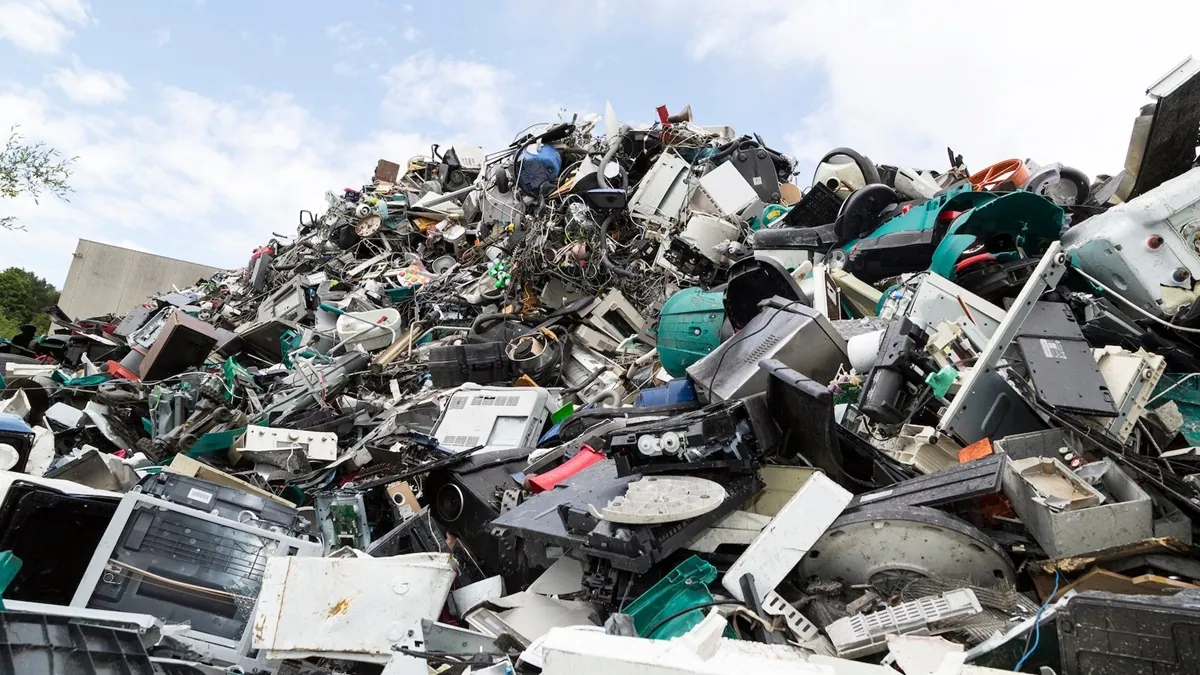By Sade Oguntola
Copyright tribuneonlineng

Children who live in areas where electronic waste—from laptops, cellphones, and medical equipment to cars with electronic devices installed—is frequently thrown out and burned are at risk of developing childhood hypertension.
In a new study, they revealed that children in e-waste regions face a fourfold higher risk of hypertension, as toxic metals and volatile organic compounds (VOCs) alter gut-related metabolic pathways and disturb the body’s blood pressure regulation.
In a recent article in Environment & Health, researchers investigated the impact of children’s exposure to heavy metals and volatile organic compounds from electronic waste (e-waste) recycling on their blood pressure.
They found that children living in areas with e-waste showed elevated levels of VOCs and metal(loid)s and were about four times more likely to have hypertension, highlighting the risks of e-waste exposure during childhood.
In October 2022, 426 children without a history of hypertension who lived in an e-waste recycling area in China participated in a study that sought to understand the effects of VOC and metalloid co-exposure on children’s blood pressure and create a predictive model for identifying those at risk of hypertension.
Researchers collected fasting urine samples and blood pressure measurements. Children’s demographic and health data were recorded through questionnaires.
Urine samples were analyzed for 18 metal(loid)s, including lead, nickel, cadmium, and arsenic, as well as constituents suggestive of volatile organic compounds like benzene and styrene derivatives.
A hypertension prevalence of 12.7%, notably higher than national estimates, was recorded, suggesting ongoing health risks.
Statistical analyses identified significant associations between certain exposures and blood pressure. For example, urinary cobalt and gallium were positively associated with systolic blood pressure, while selenium and tin correlated with diastolic blood pressure.
Particularly in recycling countries where hazardous materials are discharged during disassembly and burning procedures, the global increase in e-waste has resulted in extensive environmental damage and rising health hazards.
Conventional theories cannot fully account for the increasing incidence of hypertension, despite the fact that it remains a significant modifiable risk factor for heart and brain problems.Studies show that people who reside near e-waste sites are more likely to have hypertension, especially children, whose early blood pressure elevation can increase their long-term cardiovascular risks.
Major pollutants from recycling e-waste include volatile organic compounds (VOCs) and metalloids, which are known to be harmful to the cardiovascular system. Through similar oxidative stress pathways or chemical processes, their combined exposure may enhance toxicity.
ALSO READ TOP STORIES FROM NIGERIAN TRIBUNE